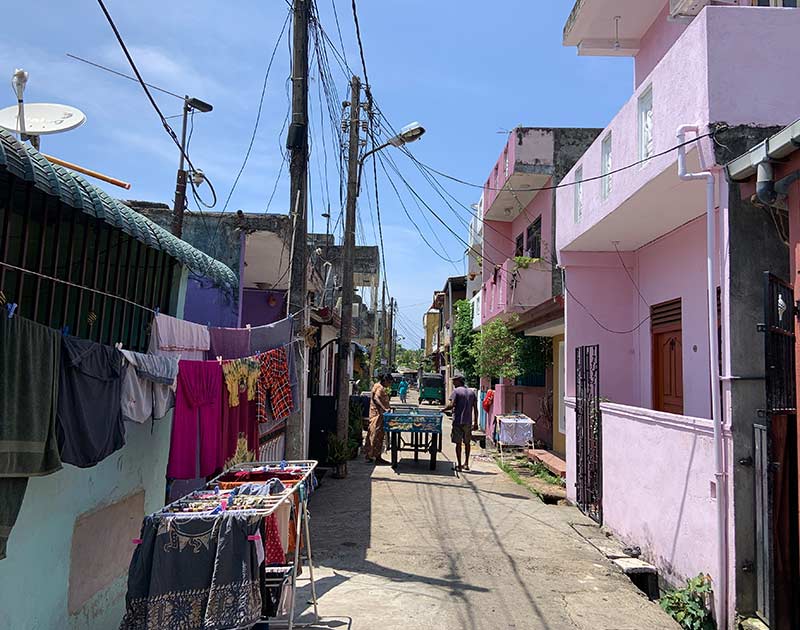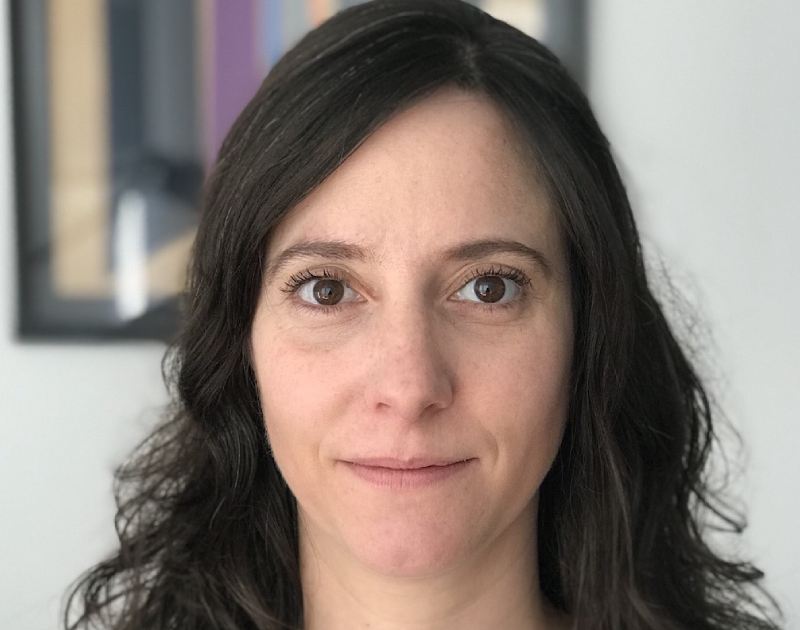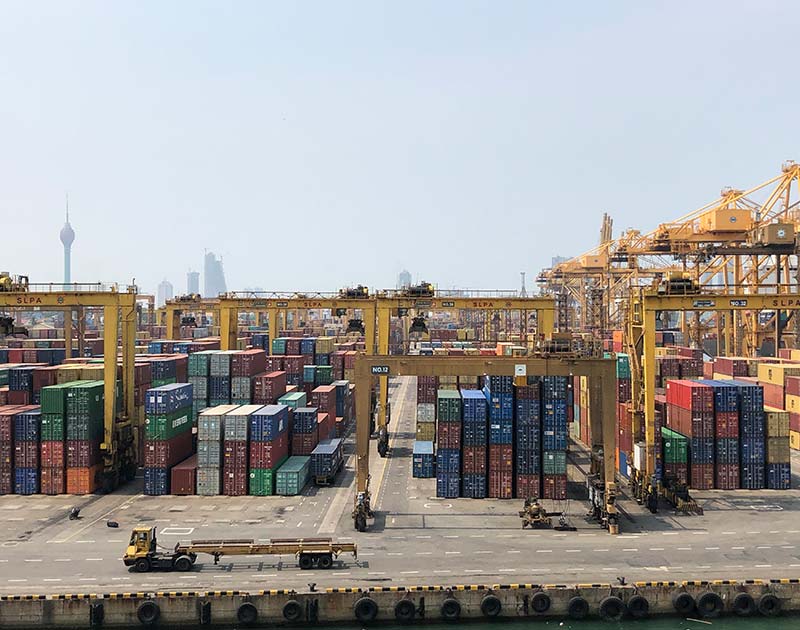
- Home
- Knowledge Insights
- Budget Makers for the Country Must Listen to the Budget Makers of the Home
Since the first lockdown in March 2020, most conversations we have had with working class poor communities in Colombo have been dominated by one topic – budgets and listening to families talk about how they prioritise their expenditure based on their needs and their income.
Families talked about cutting down to two meals a day so that they can afford the data card for their child’s online class. They discussed which child should stop tuition classes altogether so that another child sitting for an important exam could attend their classes instead. They spoke of a time where their food plate included a variety of fresh vegetables and fish, and fresh fruits whereas now they were eating to fill their stomachs, and nutrition was a luxury of the past.
In the last few weeks, we have seen many families switch to kerosene cookers as gas cylinders were unavailable or unaffordable, and what changes that brought to their menu. People are trying to make their medicines stretch – taking pills once in two days instead of everyday just to make the medicine last an extra month.
Their debts are also piling up as they have fallen behind on mortgages, leases, rent, bills, and school and tuition fees during the months of lockdown when they were at home with no income. Even if they were able to resume work when the lockdowns were lifted, the lost income during the months they were at home is not money they will be able to make up again – so how do they meet the arrears accumulated during this time?
For working class poor and lower income families in Colombo, so much careful balancing and prioritising goes into making ends meet. This was their life even before Covid-19. For example, not many people know that the Western Province is the most food insecure province in the whole country.
This is according to a report in 2018 by the Food and Agriculture Organisation (FAO). The report stated that the Western Province is the most food-insecure because people’s expenditure for non-food items is much higher when compared to the rest of the country. So rent, utilities, transport and education costs are so high that people cannot afford a healthy diet.
Several studies show that the main obstacle to consuming a healthy diet in the Colombo District is not accessibility but cost. Not only are there high rates of food insecurity, but also higher rates of non-communicable diseases like heart disease, cholesterol and diabetes, particularly among urban women in low-income settlements.
The key question particularly relevant to this present time with the Budget being presented is, how are these issues being faced by the people, not just in Colombo but across the whole country, being addressed in the Budget allocations? Education, health, nutrition, social welfare and housing are crucial sectors that have always needed prioritisation in the national Budget, and now, more so than ever.
Sri Lanka’s post-war development plans centre around ambitious ideas of transforming Colombo into a “world class city” and other cities around the country into “smart cities”. What all these plans have in common, other than for the generic renderings and visuals that can be seen in many countries with similar development plans across the world, is that instead of creating poverty free cities or sustainable secure housing, they talk of “slum-free” cities and cities that function efficiently with a click of an app. Development plans that are aspirational at best, plant images in the minds of citizens with little information of how these plans will be achieved. An aesthetic promised and a lifestyle to aspire to, are all that we are left with when reading these plans.
Much of this development lies in the dispossession of hundreds of communities across the country. While this “sacrifice” according to the Government’s narrative will only result in upward mobility for people by way of modern housing and better jobs, the reality on the ground tells another story.
What Sri Lanka’s development policies fail to take into account is that a house is not just bricks and mortar. Where people live is not just about their families, their history, and where they invest their savings. People make decisions about where to live based on proximity to work or where they want their children to go to school. Beyond that, where we live also influences our access to food and nutrition, our mental health, and our safety.
None of these elements are present in our development plans or our national budgets because politicians and policy makers have no sense of what life is like for the average Sri Lankan. They are lost in their aspirations for a future city that they themselves may not be alive to see to fruition, that the present day of the citizens are not reflected in the planning or budgeting process.
The pandemic has affected people in ways that have not been experienced before and there is no guidebook for how to overcome it. If there was ever a time to look at how we allocate the country’s money into our annual budget, what we can sacrifice or do without, what we should be prioritising and spending more money on, that time is now. Perhaps spending some time with working class poor families who are deciding between spending on rent, school books or what to eat for lunch might help our policy-makers rethink their process and strategy when it comes to making budgets.
We must also rethink the role of the citizen in the budget making process and find ways to make the process more participatory instead of considering it a process meant for elites and experts. The everyday experiences of citizens are one where the consequence of the budget is experienced, whether it is through the cost of living, or the lack of affordable housing or development projects.
So how do we make it more participatory and one that reflects the true needs and aspirations of Sri Lankans? One that includes specific tasks like making budgetary allocations for translated documents, accessibility costs such as documents in Braille or public meetings to be accessible to persons with disabilities, to more allocation in the health sector for dialysis patients or increasing allocations for affordable housing.
How do we take the everyday struggles of people to get by or get the job done, only to be faced with a state institution also struggling for resources and turn it into an experience where people’s needs can be met with well-funded and equipped institutions? This is the task ahead for the civil society and political parties alike, and to realise that the struggle for good governance, democracy, human rights and the national Budget are intrinsically linked and not something solely to be tackled by economists or think tanks.
###
A version of this article titled ‘Finding a place for the citizen in the budget’. was originally pushed in The Morning newspaper on November 25, 2021


